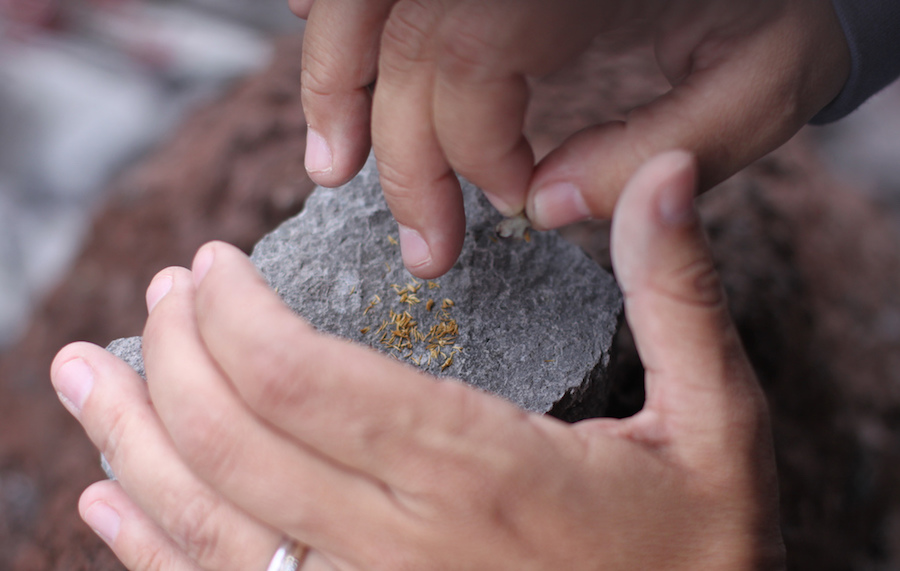When the Pennsylvania Department of Agriculture cracked down on a seed bank in the Joseph T. Simpson Public Library in Mechanicsburg, it mobilized a movement to Save Seed Sharing that included seed librarians, concerned citizens, attorneys, activists, and government officials.
Shareable has covered seed sharing as it has grown from, well, a seed, into a thriving, connected movement. Here are four recent, noteworthy developments.
1. California legislative campaign to protect seed sharing
Assemblymember Marc Levine, who represents the 10th Assembly District, which includes Marin and Sonoma Counties, is sponsoring California Assembly Bill 1810, also known as the CA Seed Exchange Democracy Act. The bill proposes exempting noncommercial seed sharing from the state seed law and is the result of the efforts of the Sustainable Economies Law Center (SELC) in partnership with a number of organizations, including seed library, food, and environmental advocates.
In addition to exempting noncommercial seed sharing, the bill also includes an exemption for seed micro-enterprises. This would create new economic opportunities for farmers and increase the diversity in supply of seeds available. The proposed bill distinguishes between large-scale seed producers and small-scale seed producers and exempts micro-enterprises from financially-burdensome testing. As it stands, California seed law is written to regulate large-scale commercial activity, not seed sharing nonprofits or micro-enterprises.
“The backdrop of all of this,” says Neil Thapar, Food and Farm Attorney at SELC, “is that there’s a narrowing in the genetic diversity of seed that’s available. Seed libraries aren’t going to be able to bring about the kind of genetic diversity that we need all on their own. We need people who are growing seed for sale to also do that.”
AB 1810 would open up opportunities for smaller-scale producers who can focus on niche, heirloom, and locally-adapted varieties—something that wouldn’t make financial sense for larger companies. The seeds would be locally-grown and could only be sold in California.
Assemblymember Levine stresses the importance of the bill telling us, “It is important for Californians to have access to seeds. Existing law has a chilling effect on that ability and this must be corrected.”
2. AASCO working group
In July, 2015, SELC petitioned for the Association of American Seed Control Officials (AASCO) to adopt an exemption into their model seed law for noncommercial seed sharing. The association didn't approve it, and instead created a working group consisting of seed control officials, seed industry representatives, and seed librarians to study the issue and create a compromise recommendation.
The working group recently submitted a recommendation, which the full AASCO membership will vote on later this year. The recommendation may change, based on member discussions, or the association may adopt it as-is.
3. State seed campaigns
In addition to Minnesota and Nebraska, states that already have noncommercial seed sharing exemptions in their state seed law, there are several other states that are likely going to propose amendments to their state seed laws. Groups in Illinois and Pennsylvania are currently considering introducing a bill and seed activists are mobilizing in Idaho as well.
4. International seed library association
A new nonprofit, designed to support seed libraries and seed librarians, is being formed. At this point, a steering committee is working to determine the strategy and mission of the organization. The group hopes to officially launch in July.
To join the seed movement, sign the Save Seed Sharing petition.
##
Photo: Kanu Hawaii (CC-BY) Follow @CatJohnson on Twitter









